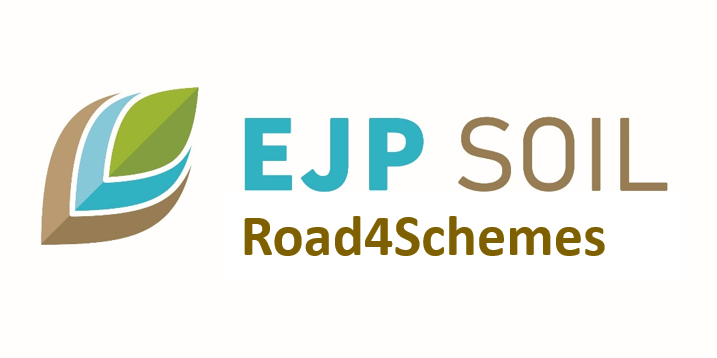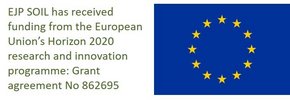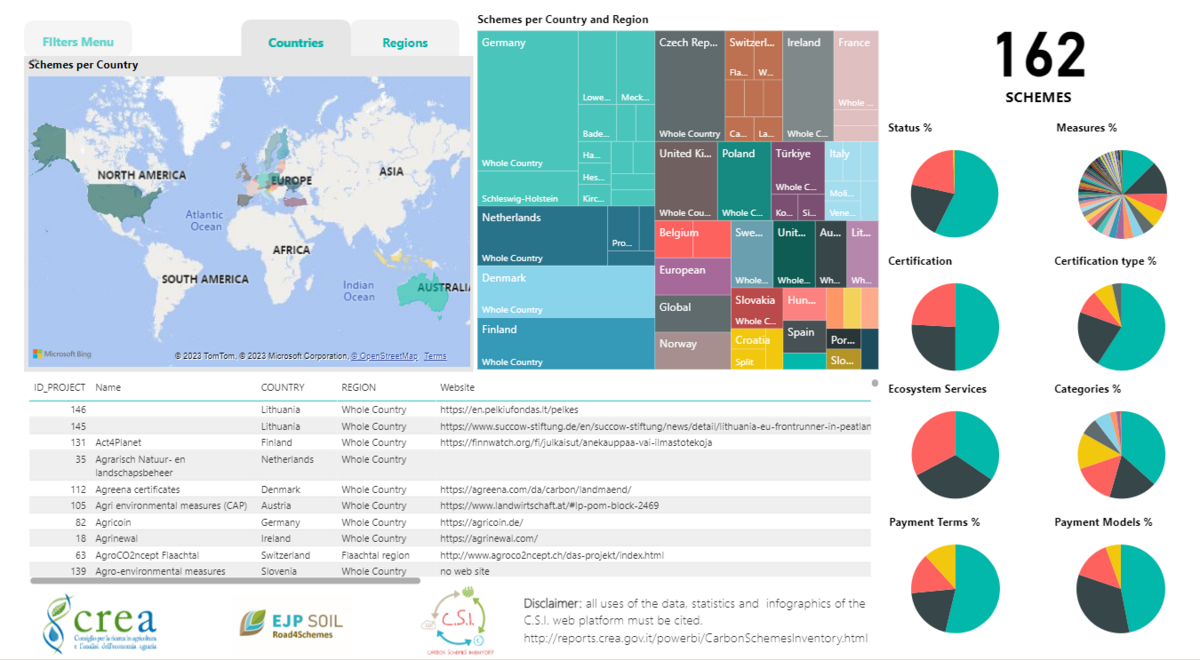Road4Schemes
| Start: | 1 November 2021 |
| Duration: | 36 Months |
| Aim: | Assess strengths, weaknesses, and different perceptions of current strategies and schemes for carbon farming |
| Keywords: | Carbon farming, result-based schemes, Ecosystem Services |
| Contact: | Project coordinator: Martin Hvarregaard Thorsøe, Aarhus University (martinh.thorsoe@au.dk) Project communication representative: Anne Sofie Neilsen, Aarhus University (asn@agro.au.dk) |

Unveiling C.S.I.: Your comprehensive resource for carbon farming schemes worldwide
Carbon Schemes Inventories, or C.S.I., is a new web platform dedicated to providing detailed information about carbon farming schemes in Europe and around the world.
Main users
This innovative application is designed to meet the needs of three main user groups:
-
Political Institutions: Governmental bodies can use "C.S.I." to monitor the status of carbon farming projects' development and identify emerging needs in the sector. The platform offers a personalized dashboard and analytical tools to help political institutions make informed decisions.
-
Project Developers: Project developers can explore the platform to find certification bodies and potential collaborators for their carbon farming projects. The advanced search functionality allows them to easily identify partners suitable for their needs.
-
Certification Bodies: Certification bodies can use the application to verify the presence of other active stakeholders in the sector and promote transparency of information. The platform offers detailed search tools and the possibility to share information about certification organizations.
Find the platform here or click the image.
Carbon farming has gained prominence as a mitigation option to reach targets set in the Paris Agreement and the European Green Deal. To achieve this, integrating research into policy design and implementation, ensuring mutual benefits for stakeholders, soils and society is helpful. Road4Schemes will (1) assess the strengths and weaknesses of existing and planned schemes for carbon farming and additional Ecosystem Service (ESS) payments, including respective tools for monitoring, reporting and verification; (2) assess stakeholders’ perceptions and preferences with respect to strategies for scheme design and policy drivers and barriers; and (3) deliver a roadmap for developing and implementing contextually sensitive result-based schemes for carbon farming and additional ESS payments.
The overall objectives of the project are to:
- Assess strengths and weaknesses of current schemes for carbon farming and additional ESS payments, including options for establishing efficient monitoring, reporting and verification systems.
- Assess stakeholders’ perceptions of different strategies for carbon farming scheme design and policy drivers of result-based schemes for carbon farming and additional ESS payments.
- Outline a roadmap for local and regional implementation of attractive and effective result-based schemes for carbon farming and additional ESS payments.
Research Approach
The objectives will be addressed in an interdisciplinary project integrating insights from soil science, economics and social sciences in four work packages with a total of around 200 PM (see figure 1).
The WPs provide complementary insights to the analysis of different opportunities for developing schemes for carbon farming and additional ESS payments.
Figure 1: Workflow diagram of Road4Schemes
Work Packages
WP1: Project management and communication
WP Leader: Aarhus University, AU
WP deputy: Wageningen Research, WR
The overall objective of this WP is to facilitate successful project management, implementation and coordination among partners to optimise the workflow, ensuring progress and achievement of expected results.c.
WP2: Qualitative assessment of strengths and weaknesses of different scheme designs
WP Leader: Wageningen Research (WR)
WP deputy: Institut National de la researche Agronomique (INRAE)
The objectives of this work package:
- Create a representative inventory of European projects and market-based initiatives for carbon sequestration and ESS payments
- Carry out a qualitative assessment of the European projects and market-based initiatives for carbon sequestration and ESS payments in the inventory
- Develop a set of elements for an archetype result-based carbon farming scheme with flexibility to adapt to local and regional conditions.
WP3: Enabling conditions for practitioners and policy makers
WP Leader: Aarhus University, AU
WP deputy: Johann Heinrich von Thünen-Institut, Thünen
The objectives of this work package:
- Perspectives of land-users and policy makers on different designs of carbon farming schemes in order to deliver fair, adequate and appropriate interventions that yield cost-effective results and which enable additional ESS coupled to carbon farming
- Identify stakeholders’ perspectives on the minimum criteria for the documentation and verification of results and for the establishment of baselines (direct measurements, status of indicators, allocations based on modelled results)
-
Assess opportunities and shortcomings in current policy frameworks for the implementation of result-based carbon farming schemes and ESS payments.
-
Identify if and how different carbon farming schemes are supporting governmental strategic goals and international climate reporting duties
WP4: A roadmap for improving carbon farming schemes
WP Leader: Institut National de la researche Agronomique (INRAE)
WP deputy: Flanders Research Institute for Agriculture, Fisheries and Food (EV ILVO)
The objectives of this work package:
- Outline how policymakers and practitioners can address the shortcomings identified by WP2 and WP3 with respect to policy, scheme design, and capacities of farmers and knowledge providers
- Provide local ex-ante assessments of how various features of carbon farming schemes affect the economic and environmental performances in different regions/contexts
- Identify how scheme design can best address the trade-offs between a wide adoption and acceptance of result-based or hybrid schemes, the realisation of the environmental potential in a cost-effective manner, and the need to resort to potentially expensive MRV systems
- Develop scenarios for the implementation of schemes that deliver the expected environmental benefits in a cost-effective manner, and are adapted to the local context
- Identify solutions for barriers that hinder the implementation of schemes in practice and propose a roadmap for different governance levels to overcome the barriers and implement schemes
Partners
Aarhus University, Department of Agroecology, Denmark
Wageningen Research, The Netherlands
Flanders Research Institute for Agriculture, Fisheries and Food, Belgium
National Research Institute for Agriculture, Food and Environment, France
Johann Heinrich von Thünen-Institute, Germany
Agroscope, Switzerland
Austrian Agency for Health and Food Safety, Austria
Czech University of Life Sciences, Czech Republic
Ministry of Agriculture and Forestry, General Directorate of Agricultural Research and Policies, Turkey
Publications
Publicationlist:
2024
2023
2022
Leaflet
Read the leaflet for Road4Schemes here

